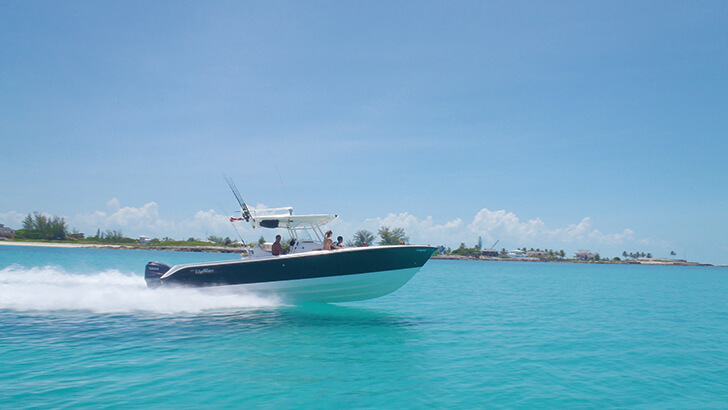By Terry Gibson:
I have needed an on-the-water tow three times over the last five years. Each of my experiences with maritime towing services has been prompt and professional. I believe that’s what most boaters find when caught in a bad situation.
That’s why I was shocked when a friend who is a maritime attorney told me several horror stories of people being taken advantage of by price-gouging towing and salvage companies. After calling dozens of guides, fishing clubs and boating clubs, I realized that price gouging occurs more than rarely, and that few boat owners understand even the basics of towing and salvage law.
There is a gap in consumer protections that incentivizes some maritime salvage and towing services to take advantage of boat owners experiencing trouble on the water. Unscrupulous salvers swoop in to help, but then leave boat owners with outrageous bills, which are often based on the value of the boat, not the service performed.
With tactics that range from claiming simple assistance as a “salvage” job to embracing deceptive marketing practices, operators prey on unsuspecting boaters with surprise charges and questionable practices. Again, while most marine salvers are honest, hard-working folks, maritime law awards any responder a percentage of the value of the vessel, if, for instance, there is potential the boat could sink. Here are some quick tips to avoid being taken advantage of.
- Be prepared: The best way to avoid needing to call for help is to be prepared before you head out. Ensure your boat is properly maintained. Make sure you have enough fuel. Leave emergency communication lines open. Stay well stocked with a hand pump and other emergency tools. As an added measure, you can also take advantage of a free vessel safety check from the U.S. Coast Guard. A specialist will check out your boat and provide safety tips and recommendations, free of charge.
- Read your contracts: Many boaters have memberships with companies that provide emergency services. Some insurance policies even cover membership for these services, reimburse boat owners for expenses and pay salvage claims. It’s important to review those contracts and know what a policy covers—and what it does not cover. Don’t be afraid to ask questions, because that knowledge may save thousands of dollars down the line.
- Beware of “salvage” claims: If your boat experiences an emergency, you may get an offer of help from another vessel or a maritime salvage and towing company. Before you accept assistance, always try to negotiate a fixed fee. This will eliminate the possibility of pricing uncertainty or a costly “salvage” claim.
It may seem like common sense, but remember what really matters during an emergency. Minor mechanical issues can be resolved, but when things start to get out of hand, call for help sooner than later. Be prepared with proper safety equipment, because you never know when you might need it.
When it comes to on-the-water assistance, information is the most important tool to avoid being taken advantage of. A basic understanding of maritime towing and salvage law helps boat owners make informed decisions when emergency strikes.
Terry Gibson is an outdoor journalist, conservation and consumer-protection advocate based in Jensen Beach, Florida. He has served in a many editorial capacities for leading fishing media.
